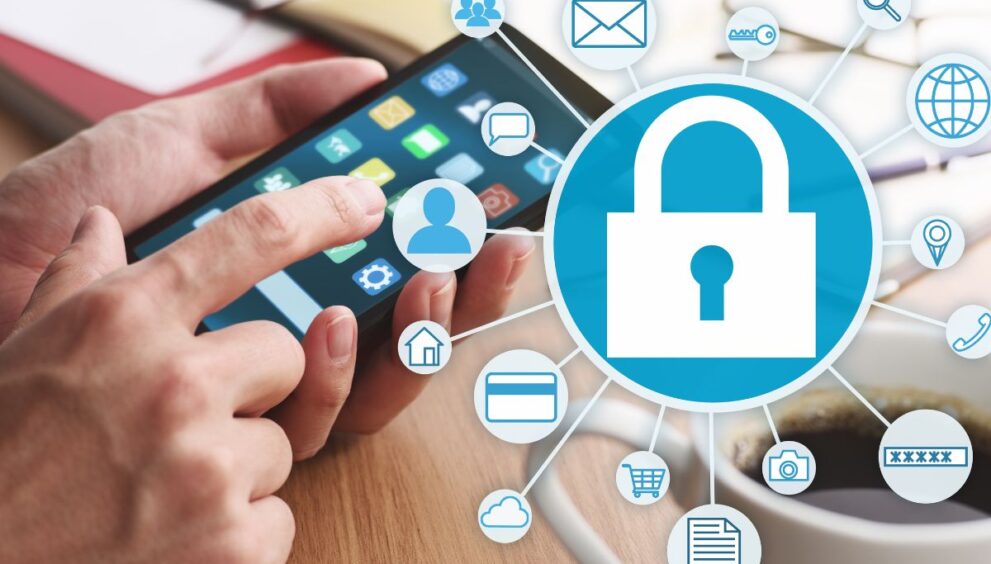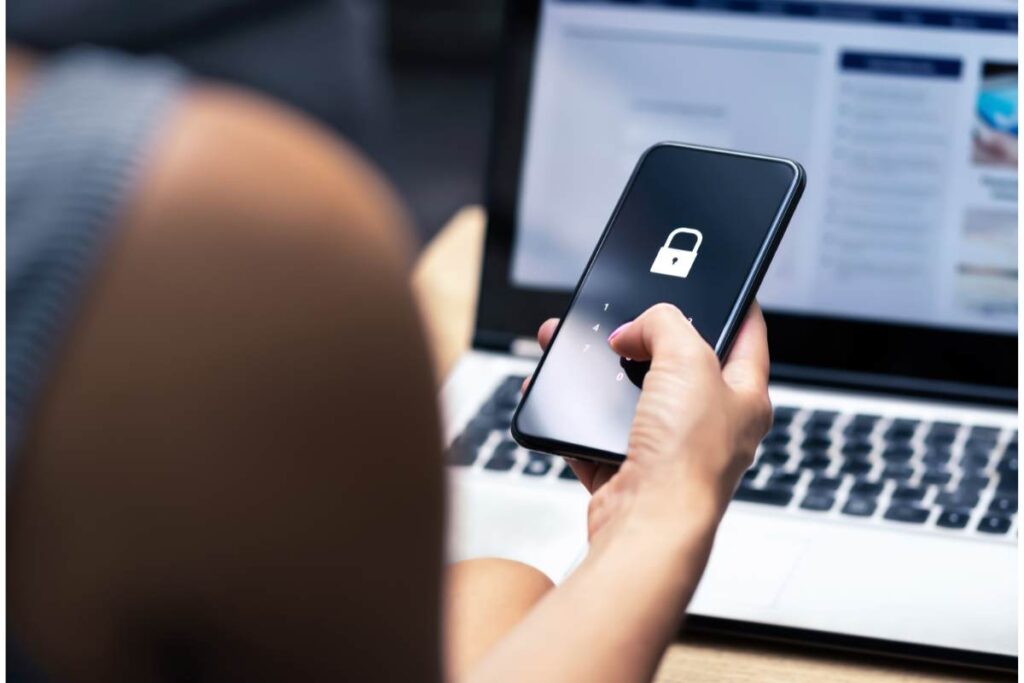Surprising Facts About Smartphone Security Tips

Smartphones have become an indispensable part of our daily lives. These compact devices have revolutionized how we connect with the world, facilitating communication, entertainment, and the management of sensitive information. However, this convenience has a significant caveat: the need for smartphone security. Astonishingly, many smartphone users need to be made aware of the potential risks and vulnerabilities associated with their devices. This article will explore some startling facts about smartphone security tips that can help safeguard your personal information and safety.
1. Neglecting Updates: 90% of Smartphone Users Don’t Keep Their Devices Current
One of the most astonishing aspects of smartphone security is that most users neglect to keep their devices current. A leading mobile security company conducted a survey revealing that approximately 90% of smartphone users tend to ignore software update notifications. It is a significant oversight because updates often incorporate critical security enhancements that shield your device from emerging threats.
Hackers continually devise new methods to exploit vulnerabilities in outdated operating systems and applications. By postponing or ignoring updates, you leave your smartphone susceptible to potential cyberattacks. To bolster your smartphone security, make it a habit to install updates as they become available promptly.
2. Underutilized Screen Locks: 70% of Smartphone Users Forego This Basic Security Measure
Another surprising revelation is that many smartphone users do not employ any form of screen lock. Screen locks, such as PINs, passwords, patterns, or biometric authentication methods like fingerprints or facial recognition, add a crucial layer of security. Without these safeguards, anyone can access your device and peruse its private information.
Establish a screen lock that combines security with ease of use to fortify smartphone security. Additionally, activate features like automatic screen lock timeouts to ensure your device locks itself after a specified period of inactivity.
3. Unprotected Against Malware: 40% of Smartphone Users Do Not Use Antivirus Software.
While most individuals recognize the significance of antivirus software for their computers, a surprising number need to pay more attention to installing it on their smartphones; contrary to popular belief, smartphones are not immune to malware and viruses. Cybercriminals have adapted to target mobile devices, emphasizing the importance of robust antivirus protection.
To enhance smartphone security, select a reputable antivirus application and keep it up to date. These applications scan for malware and offer additional security features, such as anti-phishing protection and the ability to remotely track and lock your device in case of loss or theft.
4. Ignored App Permissions: 80% of Smartphone Users Rarely Monitor App Permissions
Apps constitute the heart of a smartphone’s functionality, yet they can also pose a significant security risk. Many apps request access to various device functions and data, including location, contacts, and the camera. Surprisingly, the majority of smartphone users infrequently review or restrict app permissions.
To safeguard your privacy and bolster smartphone security:
- Periodically review and modify app permissions.
- Grant access solely to the information and features essential for an app’s proper functioning.
- Avoid installing apps that demand unnecessary permissions or originate from unverified sources.

5. Vulnerable on Public Wi-Fi: Over 60% of Smartphone Users Use Unsecured Networks Without a VPN.
Public Wi-Fi networks offer convenience but are notorious for their lack of security. When connecting to unsecured public Wi-Fi, your data becomes vulnerable to interception by cybercriminals. Shockingly, over 60% of smartphone users connect to public Wi-Fi without utilizing a Virtual Private Network (VPN) to encrypt their internet traffic.
A VPN establishes a secure tunnel for your data, safeguarding it from prying eyes. To heighten smartphone security while using public Wi-Fi, invest in a reputable VPN service and activate it before connecting to any public network.
6. Risky Password Sharing: 75% of Smartphone Users Share Passwords
Sharing passwords is common among smartphone users, often with good intentions, such as sharing streaming service accounts or aiding a friend in logging in. However, this habit can have severe security implications. Surprisingly, many smartphone users divulge their device or app passwords to others.
Even when sharing with trusted individuals, divulging passwords can inadvertently create security vulnerabilities. Instead of sharing passwords directly, consider using secure password management apps that enable you to share access without revealing the passwords. This approach balances convenience and security.
7. Data Backups Neglected: Only 10% of Smartphone Users Routinely Backup Data
Losing your smartphone or having it stolen can be a devastating experience, especially if you still need to back up your data. Astonishingly, only about 10% of smartphone users consistently back up their data. It means most users risk losing invaluable photos, contacts, and other critical information in case of device compromise or damage.
Regularly back up your smartphone’s data to a secure location, such as a cloud service or an external hard drive. Most smartphones offer automated backup options that streamline this process, ensuring the safety of your data.
Conclusion
Smartphone security should be paramount in a world where smartphones are integral to our daily lives. These surprising facts underscore the widespread disregard for essential security measures among users. Adhering to these smartphone security tips and staying vigilant about emerging threats can safeguard your personal information and safety in an increasingly digital and interconnected world. Don’t become a statistic; take proactive steps to secure your smartphone and ensure a safer digital experience.






